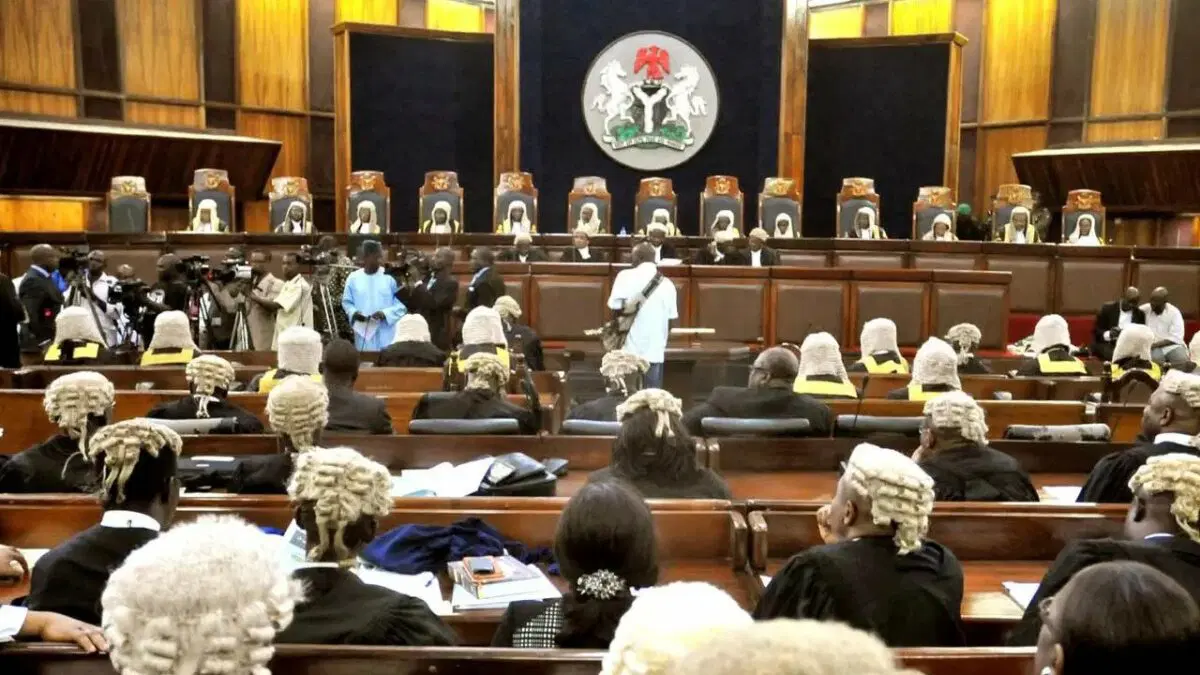The Supreme Court has scheduled a hearing for October 22 regarding a lawsuit filed by 16 state governments contesting the constitutionality of the laws that established the Economic and Financial Crimes Commission (EFCC) and two other agencies.
A seven-member panel of justices, led by Justice Uwani Abba-Aji, set the date after the states were joined as co-plaintiffs in a case originally initiated by the Kogi State Government through its Attorney General.
The states involved in the suit, marked SC/CV/178/2023, include Ondo, Edo, Oyo, Ogun, Nassarawa, Kebbi, Katsina, Sokoto, Jigawa, Enugu, Benue, Anambra, Plateau, Cross-River, and Niger.
The plaintiffs argue that the constitution is the supreme law of Nigeria, asserting that any law inconsistent with it is null and void. They reference a previous Supreme Court ruling in the case of Dr. Joseph Nwobike vs. Federal Republic of Nigeria, which stated that the UN Convention against Corruption should have followed constitutional provisions when the EFCC Establishment Act was enacted in 2004.
The states contend that Section 12 of the 1999 Constitution mandates the approval of a majority of state Houses of Assembly to incorporate such conventions into Nigerian law, a process they allege was not followed in the case of the EFCC Act and similar legislation.
Their argument posits that since the law was not endorsed by all states, any institution formed under it should be considered illegal, as it cannot be applied to states that did not approve it in accordance with constitutional provisions.

